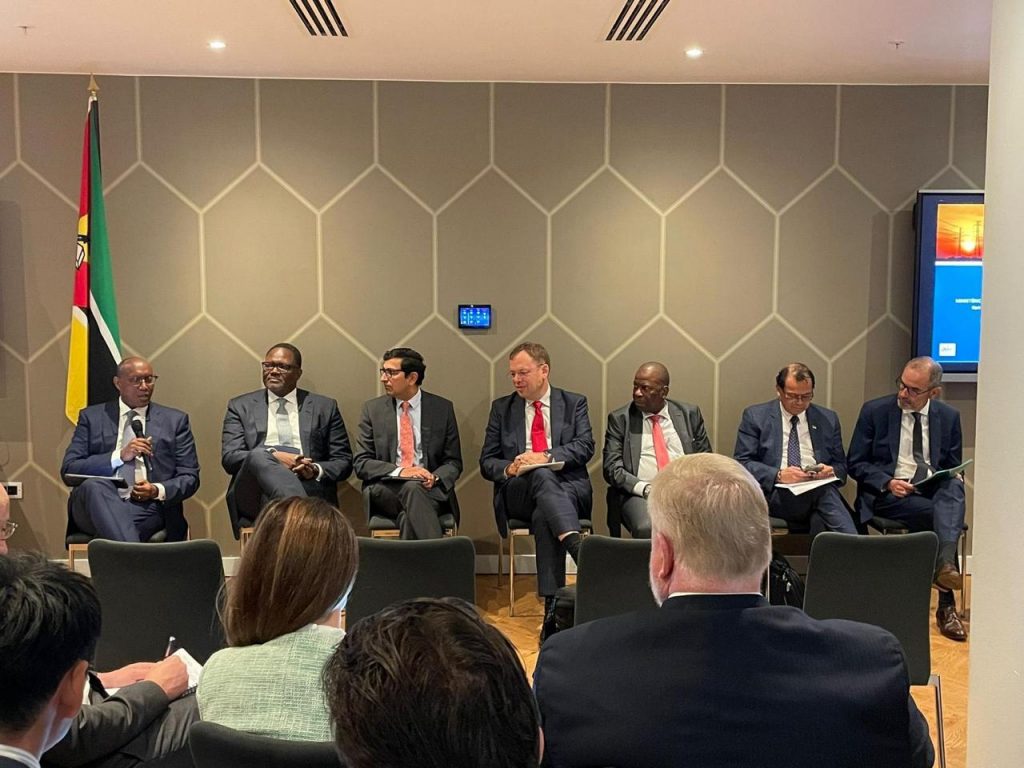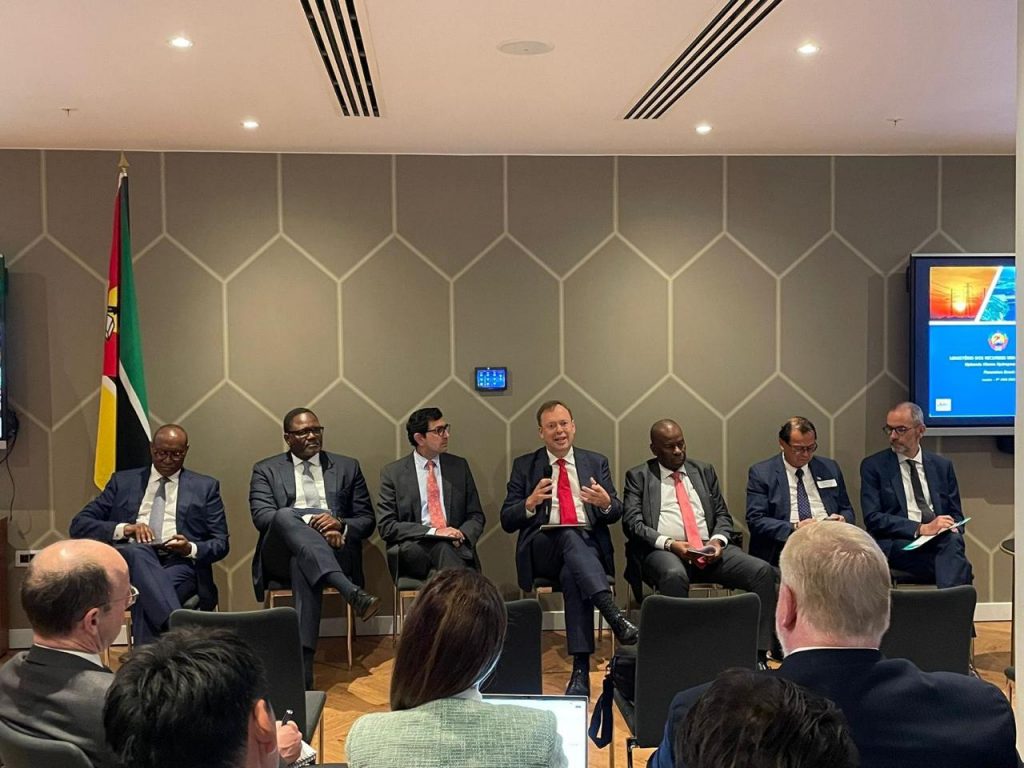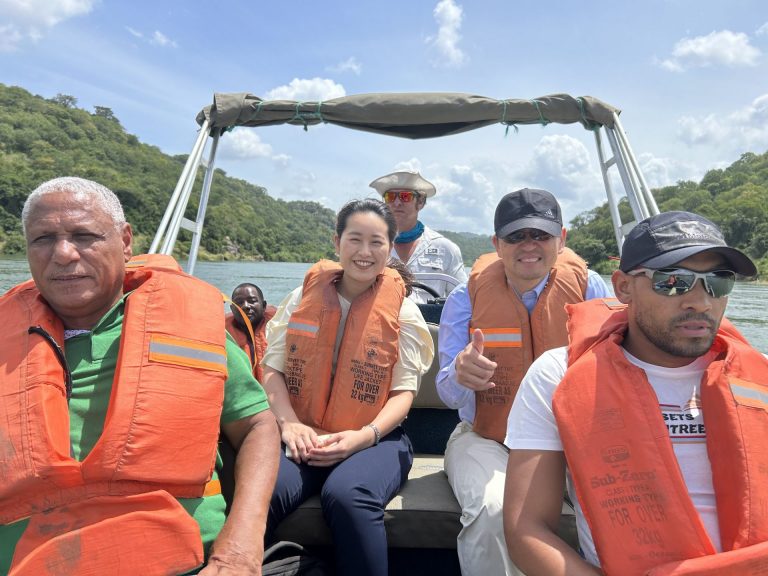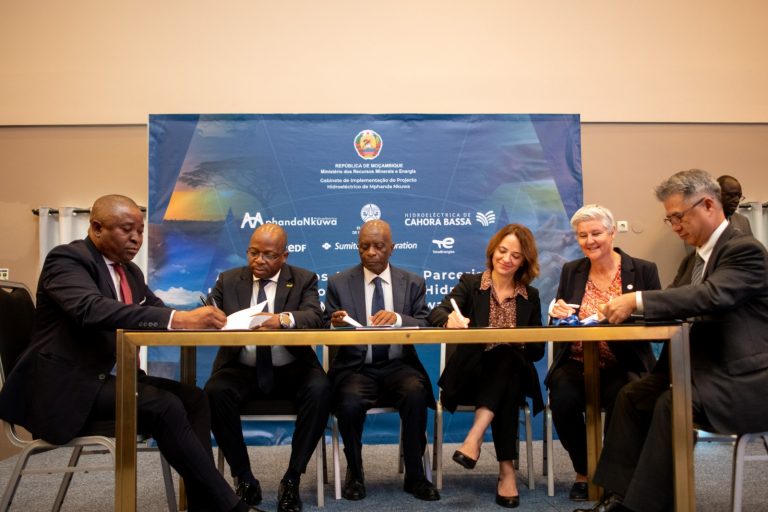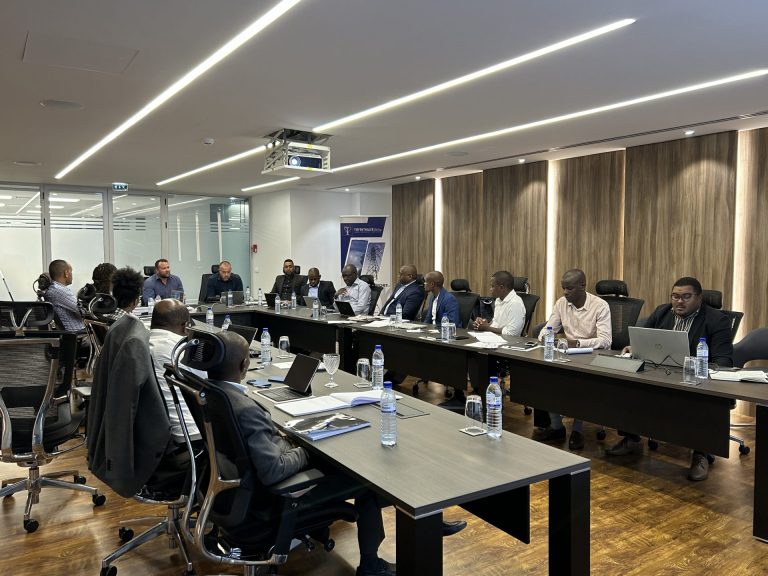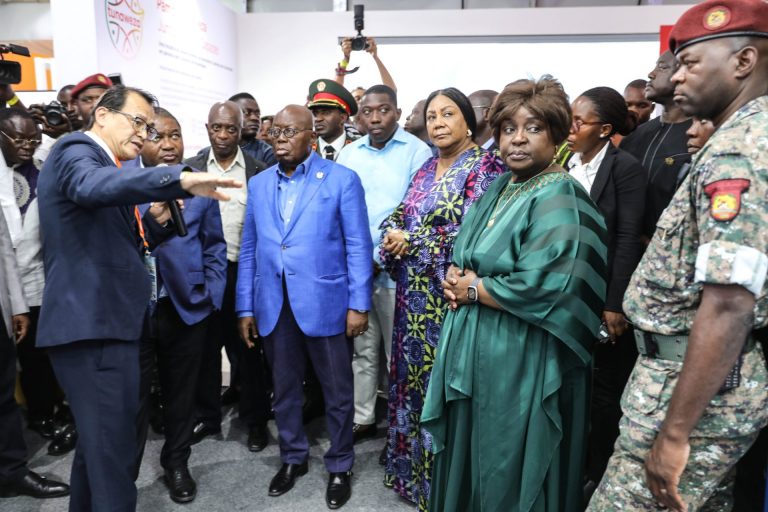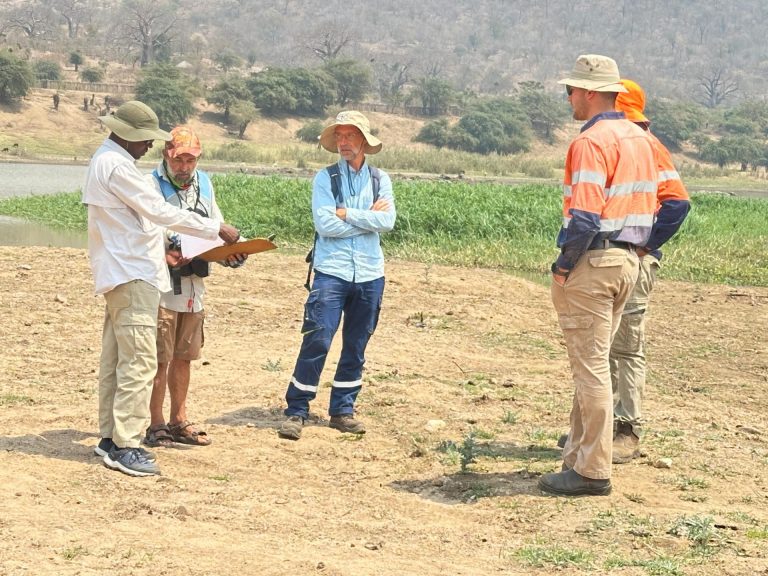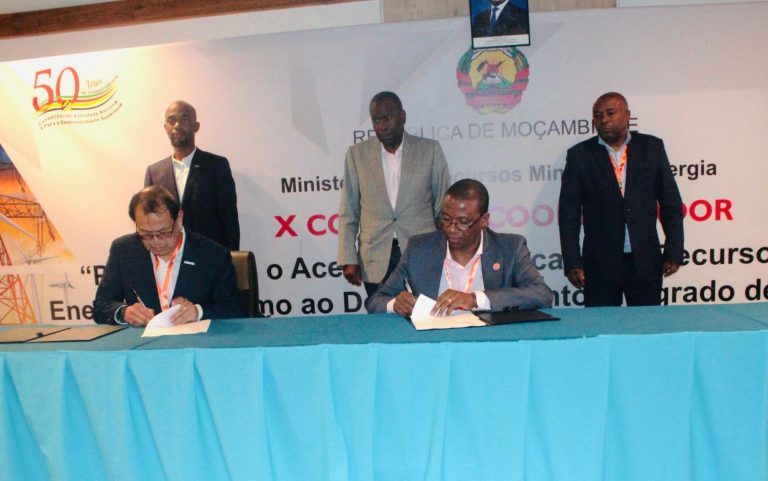London, June 2025 – The Government of Mozambique, in partnership with the Tony Blair Institute for Global Change (TBI), hosted recently a high-level session in London to present the Mphanda Nkuwa Hydropower Project (MNK) — a US$5 billion, 1,500 MW renewable energy development poised to become one of Africa’s largest and most cost-competitive power projects.
Held under the banner of Mission 300 and Mozambique’s National Energy Compact, the event convened senior representatives from the World Bank, IFC, MIGA, and the African Development Bank (AfDB) — all key partners supporting the project’s development — alongside the strategic investor consortium led by Électricité de France (EDF) with TotalEnergies and Sumitomo Corporation.
The project, structured as a Build, Own, Operate, and Transfer (BOOT) model, is set to become Mozambique’s largest public-private infrastructure investment and a cornerstone of the country’s strategy to position itself as a regional clean energy exporter and industrial hub.
“Mozambique is committed to becoming a leading regional energy hub, contributing to inclusive growth, climate resilience, and industrialization across the region. Our national energy strategy is focused on expanding access, diversifying generation, green industrialization and accelerating the transition to low-carbon sources — with hydropower playing a central role,” said Estevão Pale, Minister of Mineral Resources and Energy.
“Mphanda Nkuwa is a priority for the Mozambique Government and both a domestic and regional response to social and economic development challenges — a clean energy project that will shape the next chapter of economic integration and climate resilience for Mozambique and the Southern region,” he added.
Financial close is targeted for 2027, with commercial operations expected to begin in 2032. Once operational, Mphanda Nkuwa will significantly expand regional power supply, support domestic electrification, and drive long-term industrial growth across Mozambique and Southern Africa.
